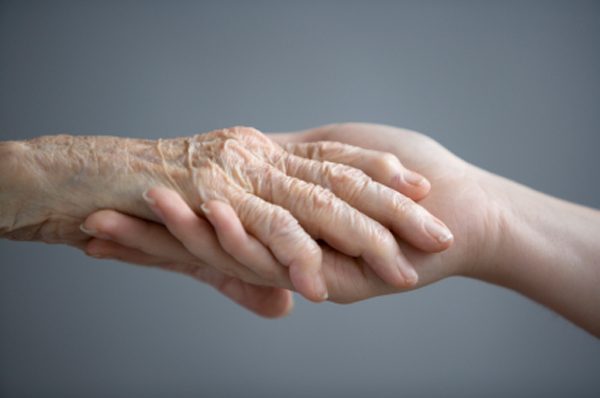Federal government recognizes LGBT seniors’ need for support.
LGBT senior citizens received a lot of love from The U.S. Department of Health and Human Services (HHS) this past February in the form of major grant money.
In what seems to be an unprecedented move by the HHS, a grant amounting to $475,000 was awarded to the Center on Halsted—a Chicago LGBT community center that is described as the most comprehensive LGBT community center in the Midwest.
Its mission, reads its Web site, is simple: In a safe and nurturing environment, the Center on Halsted serves as a catalyst for the LGBT community that links and provides community resources and enriches life experiences.
The money is specifically directed to the center’s Services and Advocacy for GLBT Elders (SAGE) program to assist thousands of older Chicagoans.
Its director, Serena Worthington, says the $475,000 grant from the U.S. Department of Health and Human Services marks only the third time that federal money has gone to a program focusing on LGBT seniors.
“It’s an affirmation of the work the center does for people of all ages, and especially for seniors,” Worthington says. “The projects it funds will be designed to enhance the lives of seniors here and, hopefully, across the country.”
Among other things, the money will be used to buy adaptive computer equipment for seniors with disabilities, to conduct research on slowing cognitive loss in seniors with HIV and produce an HIV-prevention film that targets people over 50, who account for 15 percent of all new HIV cases, according to the HHS.
ust days prior to this award, a three-year $900,000 grant was awarded to the national division of SAGE, based in New York. The money came from HHS and the Administration on Aging (AOA) and will create the first-ever National Resource Center for Lesbian, Gay, Bisexual, and Transgender elders.
“Agencies that provide services to older individuals may be unfamiliar or uncomfortable with the needs of this underserved population,” says HHS Secretary Kathleen Sebelius. “The Resource Center will provide information, assistance and resources for both mainstream aging organizations and LGBT organizations and will provide assistance to LGBT individuals as they plan for future long-term care needs.”
The needs of older LGBT individuals, says Karen Taylor, director of communications advocacy and capacity building for SAGE, are very unique and typically overlooked by mainstream services. “LGBT older adults are twice as likely to live alone,” says Taylor. “Many aging services—such as case management services, Meals on Wheels and home health aid—are built on a major assumption that doesn’t fit us. That assumption is that there is someone in our lives who can offer unpaid, formal support. Someone to pick us up from the hospital and to drive out to the pharmacy for prescriptions.”
Taylor went on to remind us that LGBT seniors are four times less likely to have children—typical primary caregivers to heterosexual elders. Even if a social network exists, many within that network are in the same boat—a 90-year-old friend can’t drive you to the doctor. What’s more, Taylor says, older LGBT people have lived through period of time when their lives were criminalized, they were fired for gender nonconforming, even being served a drink in bar could be an illegal act.
“Decades of this oppression and enduring a society saying you are sick takes an enormous toll emotionally and physically,” she says. “This is certainly a population in need, and deserving of, governmental support.”
Taylor adds, “The wonderful thing about AOA is that it has a mandate to serve underserved communities. What they’ve done is acknowledge that our community is underserved. This technical assistance resource is the first ever given in the LGBT community.”
Assistance has often been granted to other senior populations such as the older African American, Hispanic and Asian Pacific Islander communities. “The LGBT senior community is just like these communities—marginalized. “In many ways it is an extraordinary act of recognition by this administration that the LGBT community has special needs,” says Taylor.
